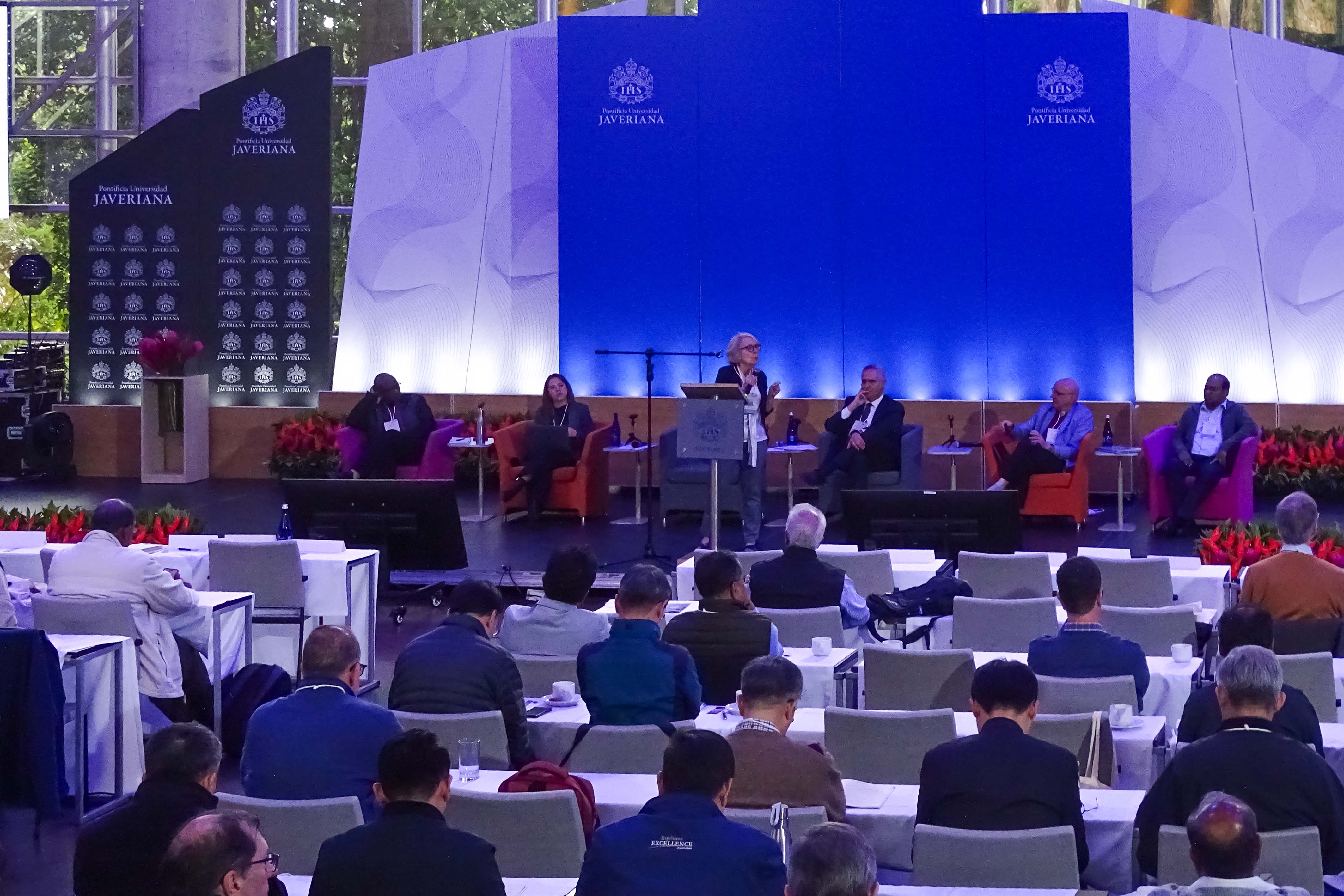This past June, the International Association of Jesuit Universities (IAJU) met at the Pontifical Javeriana University in Bogota, Colombia. Chaired by rectors and leaders of Jesuit institutions from around the world, this summit represented a space for deep reflection, collaboration, and strategic planning to tackle the most urgent global challenges.
Jesuit universities hold a historic event in Bogota to define the future of higher education

During the gathering, delegates addressed numerous current challenges including migration, the democratic crisis, planetary sustainability, the impact of artificial intelligence, mental health, and growing secularization. Special emphasis was placed on migration and the situation of refugees: practical experiences and examples of cooperation were shared within the context of borders, in which different Jesuit universities have implemented accompaniment, psychosocial support, and educational projects for migrants and refugees, demonstrating the value of academic and church collaboration.
In his speech given in 2022 at Boston College, Father Arturo Sosa, S.J., Superior General of the Society of Jesus, invited the members of the IAJU to reflect on their own identity: “we are here to seek discernment that leads to shared decisions about what characterizes our institutions, what is the ‘special’ or unique quality that characterizes our way of inserting ourselves in the present moment to build the desired future.” In Bogota, this call to action was translated into work sessions and practical workshops aimed at defining what Jesuit education means today in a world marked by mass migration, fragile democracies, and environmental crises.
Located on its historic Bogota campus, the Pontifical Javeriana University – founded in 1623 – offered the ideal environment for this international gathering, which not only brought together rectors, but also academics, experts, and church leaders who shared interdisciplinary projects. Among these projects, initiatives that combine psychology, law, and education to care for displaced individuals and refugees stood out, producing replicable models for other regions.
The emphasis on the “correct Jesuit way of proceeding,” said Father General, was manifested in a joint commitment to the unity of knowledge: the humanities as an anchor to promote hope, the sciences as an engine of innovation, and the church as a guide to care for “our common home.” This comprehensive approach was also reflected in the cases presented in which universities worked in concert with NGOs and local authorities in border areas, piloting documents of best practices in welcoming, integration, and spiritual accompaniment.









